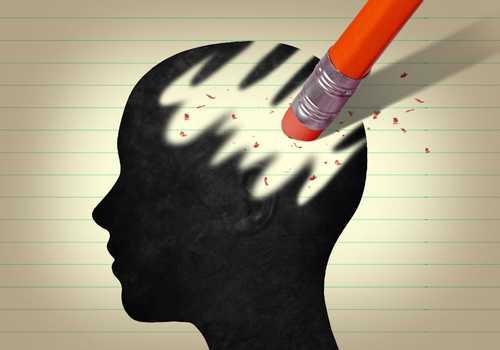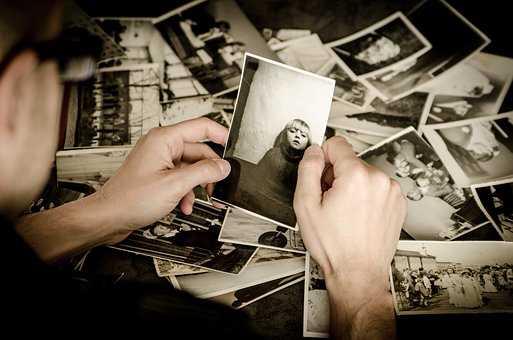Are memories reliable? Expert explains how they change more than we realise
Curated from: theconversation.com
Ideas, facts & insights covering these topics:
4 ideas
·1.51K reads
4
1
Explore the World's Best Ideas
Join today and uncover 100+ curated journeys from 50+ topics. Unlock access to our mobile app with extensive features.
Memory: The Hard Disk Of The Mind
Our memory is perceived by us as a database in our heads that can never go wrong.
New evidence paints a different picture, and our memory may not be as consistent or even as true as believed.
71
526 reads
The Game 'Chinese Whispers'
In the game Chinese Whispers, where a certain message is passed on from person to person, it is almost always proved that the final message is completely different from the original.
The same ‘chain’ effect is happening in our memories, where certain tiny details may not be what were true, but what we wish were true, or perceived to be true.
70
412 reads
The Audience-Tuning Effect
Storytellers form a different memory of a story they are reciting, due to mutation in how differently it is told to audiences each time, and how much of an artistic licence is used to change certain details of the story.
Over time the changed or mutated story seems like the original one in the storyteller's mind, something known as the Audience-Tuning Effect.
63
272 reads
Memories Are Malleable
Social experiments show that people in general are stubborn about the accuracy of their memories, which may have mutated or even changed beyond recognition.
So many tiny, false details have been added to the original memory over time, that one theory says that the mere act of recalling a certain memory takes it out of the ‘freezer’ and puts it back, changing its shape and form a bit.
The result is that it is highly unlikely that our treasured memories are completely accurate.
64
308 reads
IDEAS CURATED BY
Parv Mangal's ideas are part of this journey:
Learn more about personaldevelopment with this collection
How to build trust in a virtual environment
How to manage remote teams effectively
How to assess candidates remotely
Related collections
Similar ideas
3 ideas
How Your Brain Can Create False Memories
verywellmind.com
2 ideas
How Memories are Maintained Over Time
scientificamerican.com
5 ideas
How Does Misinformation Influence Our Memories of Events?
verywellmind.com
Read & Learn
20x Faster
without
deepstash
with
deepstash
with
deepstash
Personalized microlearning
—
100+ Learning Journeys
—
Access to 200,000+ ideas
—
Access to the mobile app
—
Unlimited idea saving
—
—
Unlimited history
—
—
Unlimited listening to ideas
—
—
Downloading & offline access
—
—
Supercharge your mind with one idea per day
Enter your email and spend 1 minute every day to learn something new.
I agree to receive email updates



